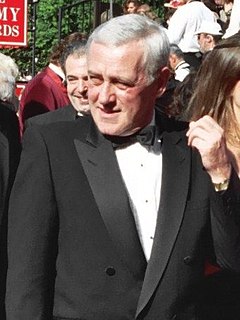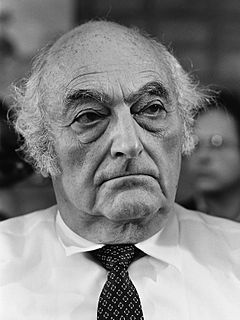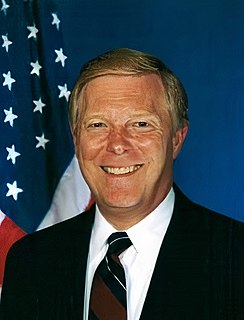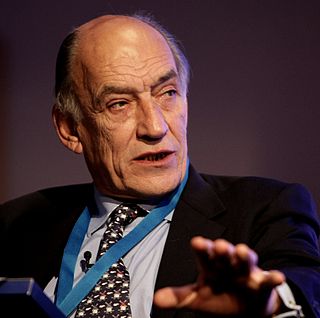A Quote by Dylan Moran
The East is very mysterious to Westerners. Even post-Cold War, it's still an unknown entity.
Related Quotes
The tension of a mysterious danger is even more unbearable than danger itself. People hate the vacuum of an unknown situation. They want security. They even prefer war to the insecure expectation of a war with its threat of enemy surprise. This vague fearful expectation acts on their fantasies. They anticipate all kinds of mysterious dangers; they begin to provoke them. It is the evocation of fear and danger in order to escape the tension of insecurity.
One concern I had while I was working actively in the intelligence community - being someone who had broad access, who was exposed to more reports than average individuals, who had a better understanding of the bigger picture - was that the post - World War II, post - Cold War directions of societies were either broadly authoritarian or [broadly] liberal or libertarian.
I think the public is very reluctant to get involved in more foreign wars, especially in the Middle East. And they understand, implicitly, that we go to war in the Middle East because of oil. And if we don't want to go to war in the Middle East, then we have to do something about the oil problem. And I think that view is gaining ground in the U.S.

































